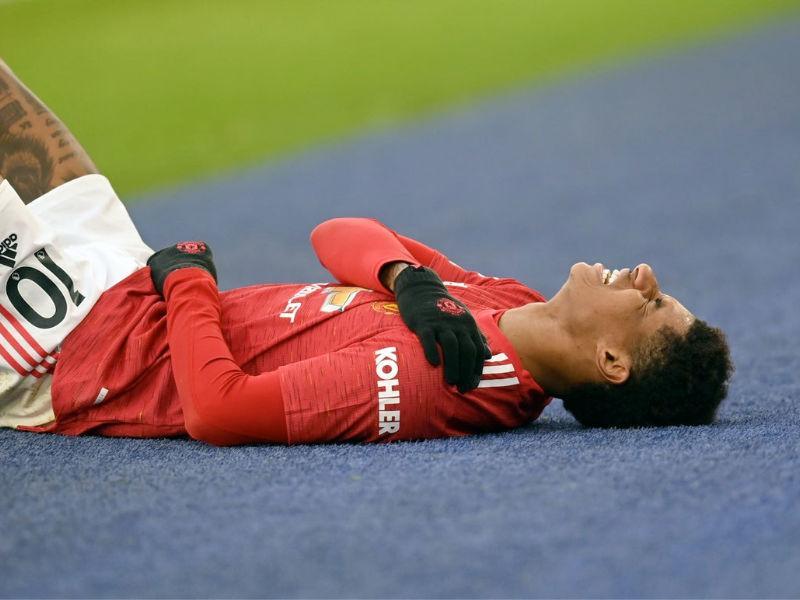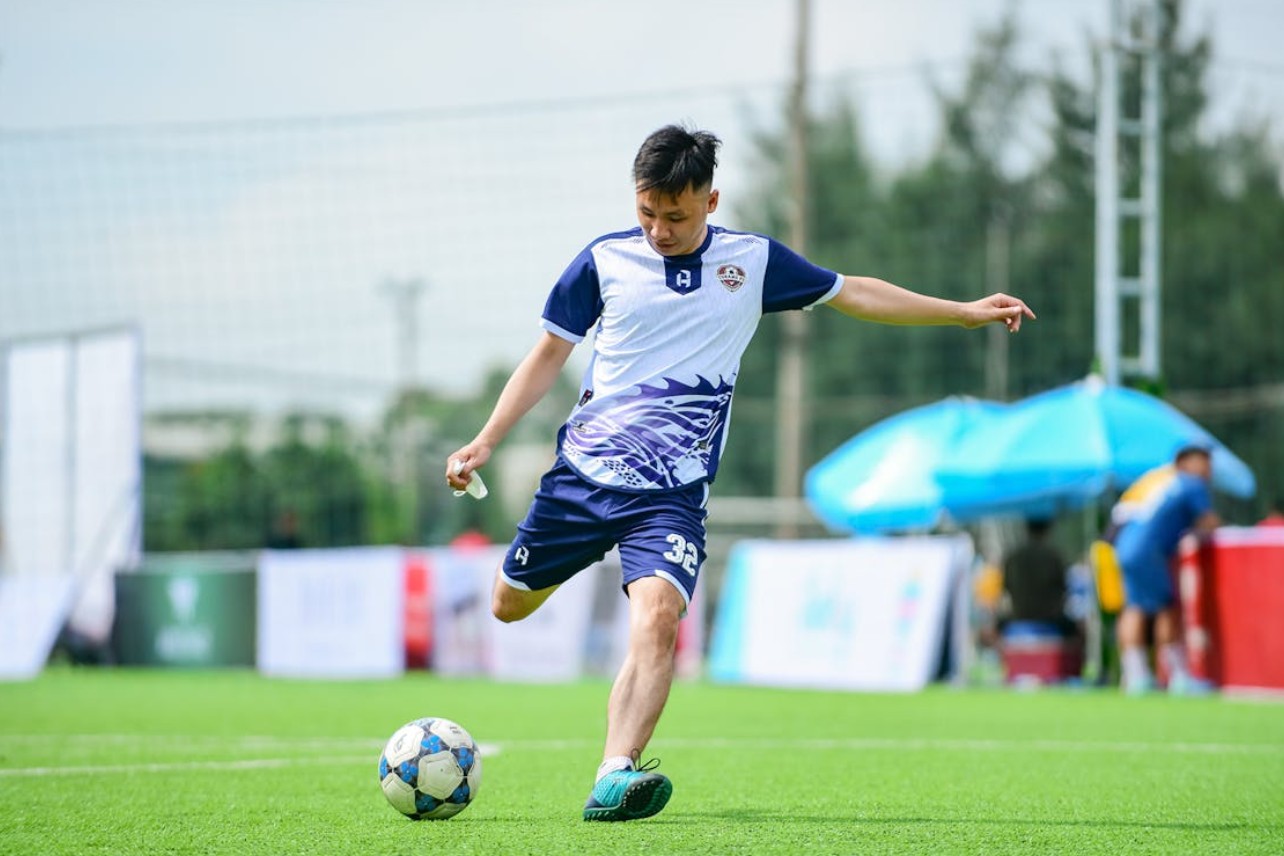How Player Injuries Influence Betting Odds: Insights from Recent Research
In the competitive world of sports betting, player

In the competitive world of sports betting, player injuries play a crucial role in shaping the betting landscape. Injuries to key players can significantly alter betting odds, affecting bookmakers and punters alike. As players go down or recover, betting markets respond swiftly, adjusting odds to reflect the potential impact on game outcomes.
Analysts from the UK betting site Fruityking.co.uk provided insights that indicate that short-term injuries can lead to temporary shifts in odds. At the same time, long-term absences spark considerable changes in the betting line. This dynamic creates opportunities for informed bettors adept at analysing injury reports and understanding their implications for team performance. Betting odds are not merely numbers; they reflect real-time assessments of player conditions and game strategies.
As athletes navigate injuries, the betting market reacts, offering insights into teams' confidence levels and potential risks. Keeping abreast of these changes can provide substantial advantages for those engaged in sports betting, making knowledge of player injuries and their effects on betting odds vital for success in this field.
The Impact of Player Injuries on Team Performance
Player injuries can substantially affect team performance through various mechanisms. Key areas of influence include injury severity, player availability, and psychological factors that impact team morale. Tactical adjustments must also be employed to address the strengths and weaknesses that arise from these injuries.
Assessing Injury Severity and Player Availability
Injury severity plays a critical role in determining player availability. Minor injuries might allow quicker returns to play, while severe injuries can sideline key players for extended periods. Such absences disrupt team dynamics.
The entire team's performance may decline when a pivotal player is unavailable. Coaches may rely on substitutes, but these players might need more match fitness or cohesion with the starters. This shift can lead to decreased offensive and defensive capabilities, directly impacting match outcomes.
Psychological Factors and Team Morale
Injuries have a profound psychological impact on the team. When a key player is injured, it can lead to lowered confidence and morale among the remaining squad members. Individuals may feel uncertain about their roles, affecting cohesion on and off the pitch.
Maintaining team morale during injuries is essential. Teams often need to rally together to fill the gap left by absent players. This collective struggle can bolster team spirit, but if confidence erodes, it may lead to a downward spiral in performance.
Strategic Adjustments and Tactical Approaches
When injuries disrupt the starting lineup, tactical adjustments are necessary. Coaches must analyse match conditions and reconfigure their strategies to mitigate weaknesses exposed by absences.
For example, if a primary goal scorer is injured, a team might shift to a more defensive approach, adjusting formations and focusing on counter-attacks. Understanding how injuries alter team dynamics is crucial for maintaining competitive advantages. This adaptability reflects a team's resilience and tactical acumen, which can significantly influence betting odds.
Understanding Betting Odds and Market Dynamics
Understanding how odds are set and the factors influencing market dynamics is essential in sports betting. This section explores the role of bookmakers, the importance of historical data, the identification of value bets, and how player injuries affect betting strategies.
The Role of Bookmakers in Setting Odds
Bookmakers are pivotal in determining betting odds. They analyse many factors, including team form, player availability, and recent performance, to set competitive lines. By employing models that incorporate statistical analysis, bookmakers ensure that odds reflect the potential outcomes of events.
They also adjust these real-time odds based on market movements and betting patterns. For example, if a significant amount of money is wagered on one side, the odds may be adjusted to mitigate their risk. This dynamic updating showcases the bookmakers’ aim to balance their books, ensuring that payouts are covered.
Historical Data and Statistical Analysis in Betting
Historical data serves as a foundational element in assessing betting odds. It provides insight into past performances, team dynamics, and head-to-head matchups. Using statistical analysis, bettors can extract meaningful trends that inform their betting decisions.
Bettors often examine metrics such as win percentages, scoring averages, and injury reports. Advanced analytics, including expected goals (xG) and player efficiency ratings, help them understand team momentum. This meticulous analysis assists in identifying discrepancies between actual odds and perceived value, revealing opportunities for strategic wagering.
Assessing Value Bets and Favorable Odds
Value betting involves identifying situations where bookmakers' odds are higher than an outcome's true probability. This requires a keen understanding of statistical models and market insights. Bettors must calculate their own probabilities and compare them against the odds presented.
Factors like a team's form and injuries play crucial roles here. A team might be undervalued if key players recover from injury, affecting public perception. Identifying value bets is essential, as they can yield profitable returns over time, particularly in high-variance sports like football and soccer betting.
Impact of Injuries on Betting Strategies
Injuries significantly impact the betting landscape. The absence of key players can shift team dynamics dramatically, influencing their performance and altering betting odds. A well-studied bettor will account for injuries when developing their betting strategies.
When a star player is sidelined, it's vital to assess how this affects not only the team's capabilities but also the psychological state of the remaining players. Strategies need to be adjusted to reflect the latest injury reports, allowing bettors to exploit any misinformation or overreactions from the market. The ability to adapt and reevaluate betting strategies based on injury updates is crucial for success in sports betting.
Operational and Technological Insights in Sports Betting
Understanding how operational and technological advancements shape sports betting is crucial. These developments enable more accurate injury predictions, enhance real-time betting experiences, and improve the infrastructure of online platforms. This section explores the key aspects of these innovations.
The Science Behind Injury Prediction and Analysis
Sports science plays a pivotal role in predicting player injuries. Experts can assess player performance metrics by leveraging data analytics, such as high-speed running abilities and fatigue levels. This analysis often involves case studies that illuminate patterns leading to injuries.
Advanced algorithms analyse historical data alongside real-time player conditions, using global positioning systems (GPS) for precise tracking. This information can alert betting operators to potential injuries before they occur, influencing betting strategies. Understanding these dynamics helps bettors make informed wagers on player availability.
Real-Time Betting: In-Play Markets and Algorithms
In-play betting has transformed how wagers are placed during events. This dynamic approach allows bettors to react to live developments, including player injuries. Utilising sophisticated algorithms, sportsbooks can adjust odds rapidly based on current game conditions.
For instance, if a key player suffers an injury mid-game, odds may shift to reflect the team’s altered prospects. Real-time data feeds provide insights into player performance, allowing bettors to identify favourable conditions for wagers. This responsiveness enhances the engagement of bettors seeking to capitalise on immediate opportunities.
The Evolution of Online Betting Platforms
Online casinos have evolved significantly to accommodate the rising demand for sports betting. The integration of user-friendly interfaces and secure payment methods has improved accessibility. Enhanced technology enables seamless data collection and analysis, providing bettors with valuable insights.
Betting platforms increasingly utilise machine learning to refine user experiences. These systems adapt to individual betting patterns and preferences, offering customised recommendations. Focusing on operational efficiency and customer satisfaction has led to the rapid growth of online betting, shaping the future landscape of sports wagering.







